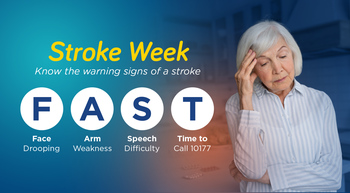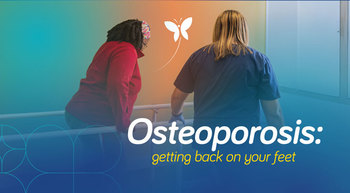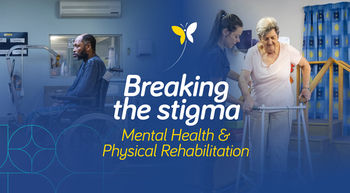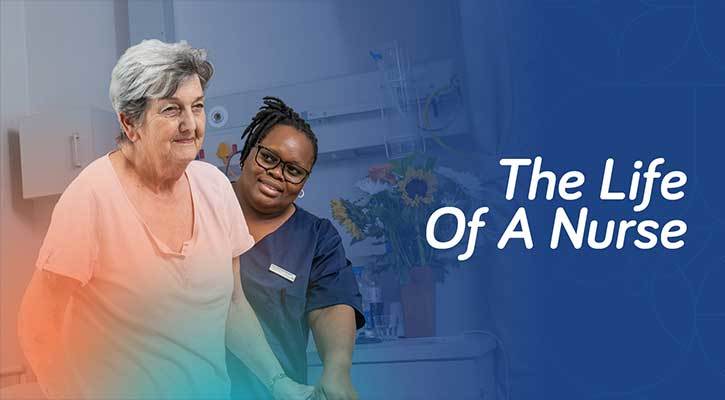
International Nurses Day
On International Nurses Day – Sunday, 12 May – Nurture Health salutes and thanks the caring Florence Nightingales who work at our rehabilitation hospitals across South Africa.
It takes a special kind of dedication to work with patients who often face a long road to recovery. Our healthcare specialists start with the acute care phase of medical treatment and move together with the patients through physical, cognitive and neurological rehabilitation.
Veteran Nurture Health nurses Mary Booysen, Janet Bradbury and Thulani Dunga love being able to make a difference to patients on this healthcare journey.
As Booysen spells out, rehabilitation nursing emphasises “rehabilitation, long-term care, interdisciplinary collaboration, holistic care, patient education, and a goal-oriented approach”. This sets it apart from the public's traditional perception of nursing.
Teamwork is dreamwork
“As nurses we form part of a larger team, working closely with an interdisciplinary team of physical therapists, occupational therapists, speech therapists, social workers, and other healthcare professionals,” says Booysen.
“Collaboration and coordination among team members are essential to provide comprehensive care tailored to the patient's needs.
“In physical rehabilitation we not only address the physical aspects of recovery but also the psychological, social and vocational aspects.
“We use a very specific scientific approach focusing on the patients’ goals to achieve the best outcome which allows the patient to adapt to their new circumstances.”
Booysen, a clinical coach who has 37 years of nursing experience, finds a lot of personal fulfilment in her work.
“There are so many wonderful, and not so wonderful, memories,” she says. “It’s about the gratitude and connection, for me, when providing the basic care and support, and witnessing the relief a patient experiences.
“It’s the vulnerable moments, making my patients feel safe, that creates the lasting memories of empathy and compassion.
It is all about “just being present when a patient has reached a desirable outcome that enables them to continue to live meaningful lives despite injury or disability, or being there with the patient and family at the end stage of life
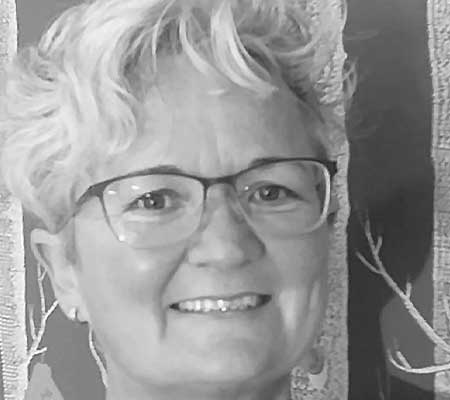
“I will always be a nurse”
As a rehabilitation centre manager, Janet Bradbury no longer physically nurses patients herself, but says “I will always be a nurse 😊”.
“For as long as I can remember, nursing was the only thing I ever wanted to do,” she says.
“Working with people, especially when they are compromised due to illness, has been both rewarding and at times ungratifying but, looking back, I would still choose the same career.”
Bradbury nursed in acute facilities for many years and discharged numerous patients safely to their homes.
“Seeing the difference rehabilitation has on patient outcomes is a reward which is indescribable,” she says.
There was one special patient in particular: “I will always remember one gentleman whom I nursed in an acute hospital, and I then had the pleasure of having him in our rehab facility. I had the privilege of seeing him go from acutely ill to walking out.”
Clinical nursing sister Dunga says she knew “nothing” about nursing, far less the specialised field of rehabilitation nursing, when she started her career many years ago.
“I've grown a lot. I started off as a young girl straight from school and, after I joined the company, I saw a different perspective of what true nursing is,” says Dunga.
“I was able to learn a lot, especially about conditions that I never knew existed before.
“I saw these conditions right in front of my eyes, and now I am able to share my experiences and lead others.
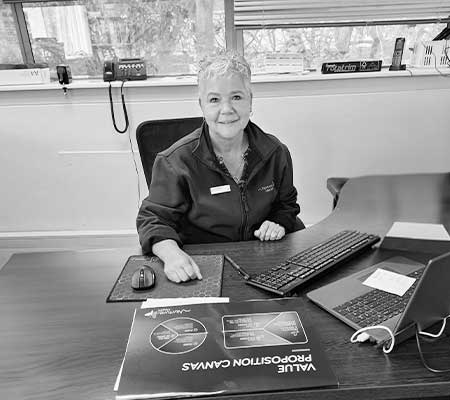
A holistic approach to care
All three of these caring nurses know that their profession needs a holistic touch.
“We don't only treat the patient, we also support the family because we are part of the whole journey,” says Dunga.
“We see the patient fighting battles and overcoming obstacles that no one ever anticipated. If their self-esteem has gone down, and they lack confidence in themselves, we use part of the day to boost them up.
“We are part of the journey of recovering from that, as well as planning for discharge and even to adjusting the home environment.
“We make it possible for them to go out and be able to live with, and be part of, the community again.”
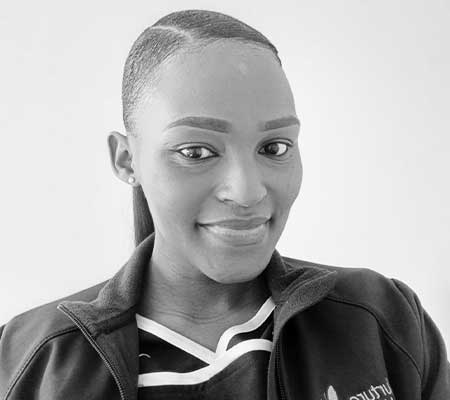
Rehabilitation nursing is not always easy
Being a rehabilitation nurse is not always easy, however. There are disappointments as well as successes along the way.
“I’m very emotional, especially when it comes to my patients’ condition,” says Dunga.
“I often put myself in the shoes of that family and I become emotionally drained, especially if I'm dealing with a critically ill patient.”
However, the joy of seeing a patient recover outweighs the challenges.
“One particular patient I can remember was a small boy from Komani (Queenstown). He was on a ventilator after he was involved in an accident, and sustained critical injuries.
“It was hard to see him that way,” says Dunga. Fortunately, with proficient paediatric medical care, the child did recover.
“When he was discharged and safely home, he was able to breathe by himself, and also was talking, smiling and eating by himself.
“To be part of that team that made it possible was the best feeling ever!”


